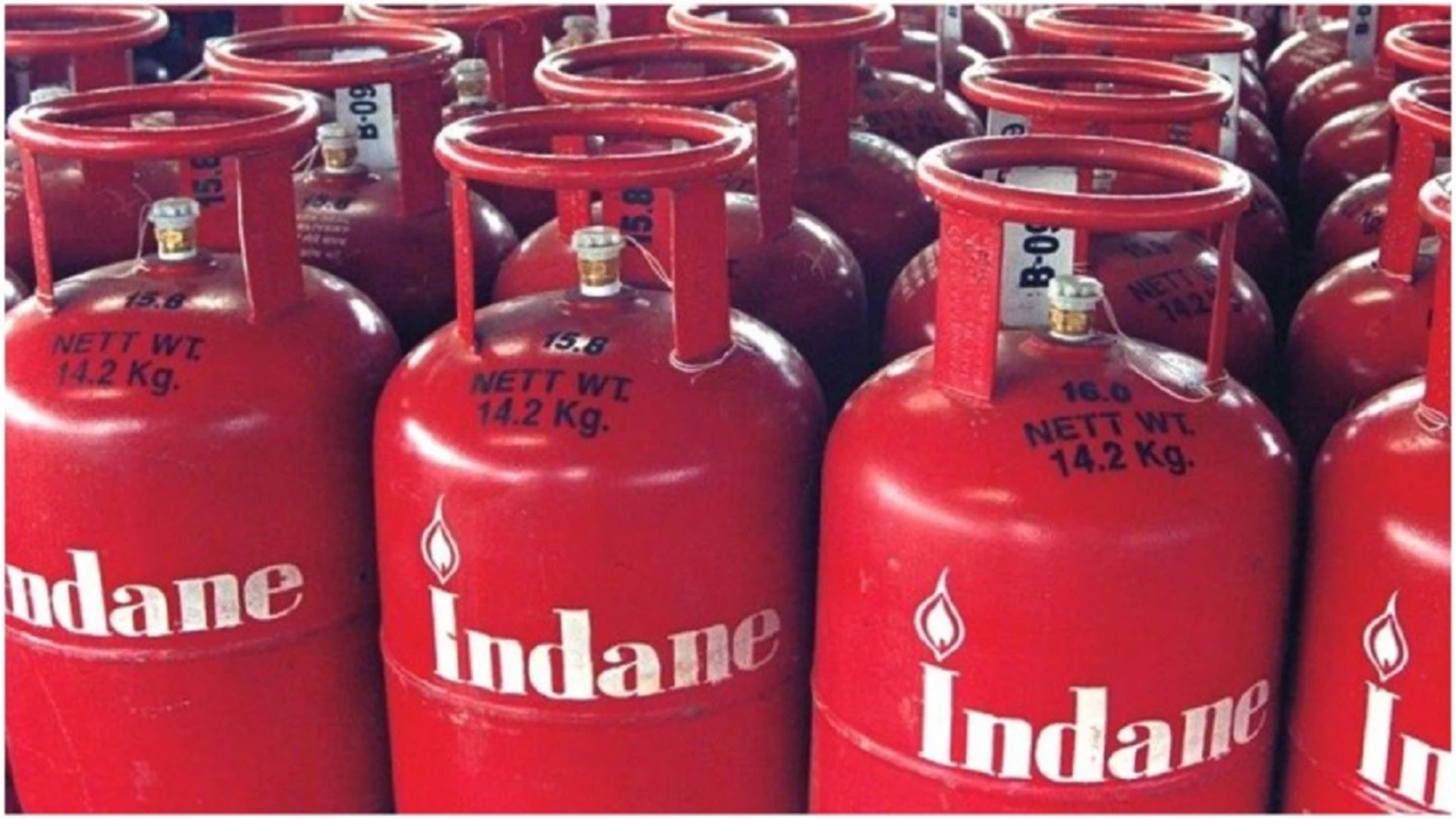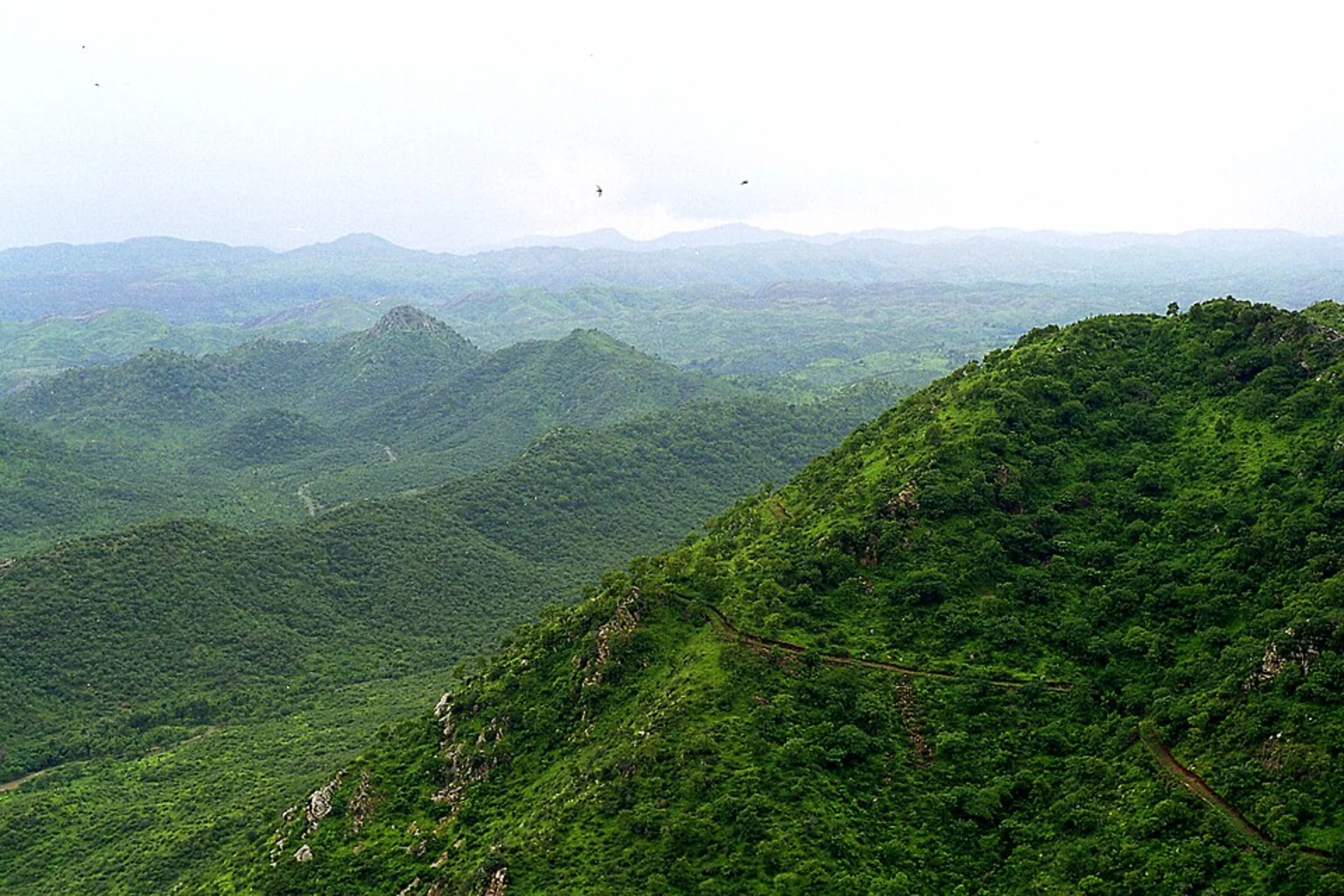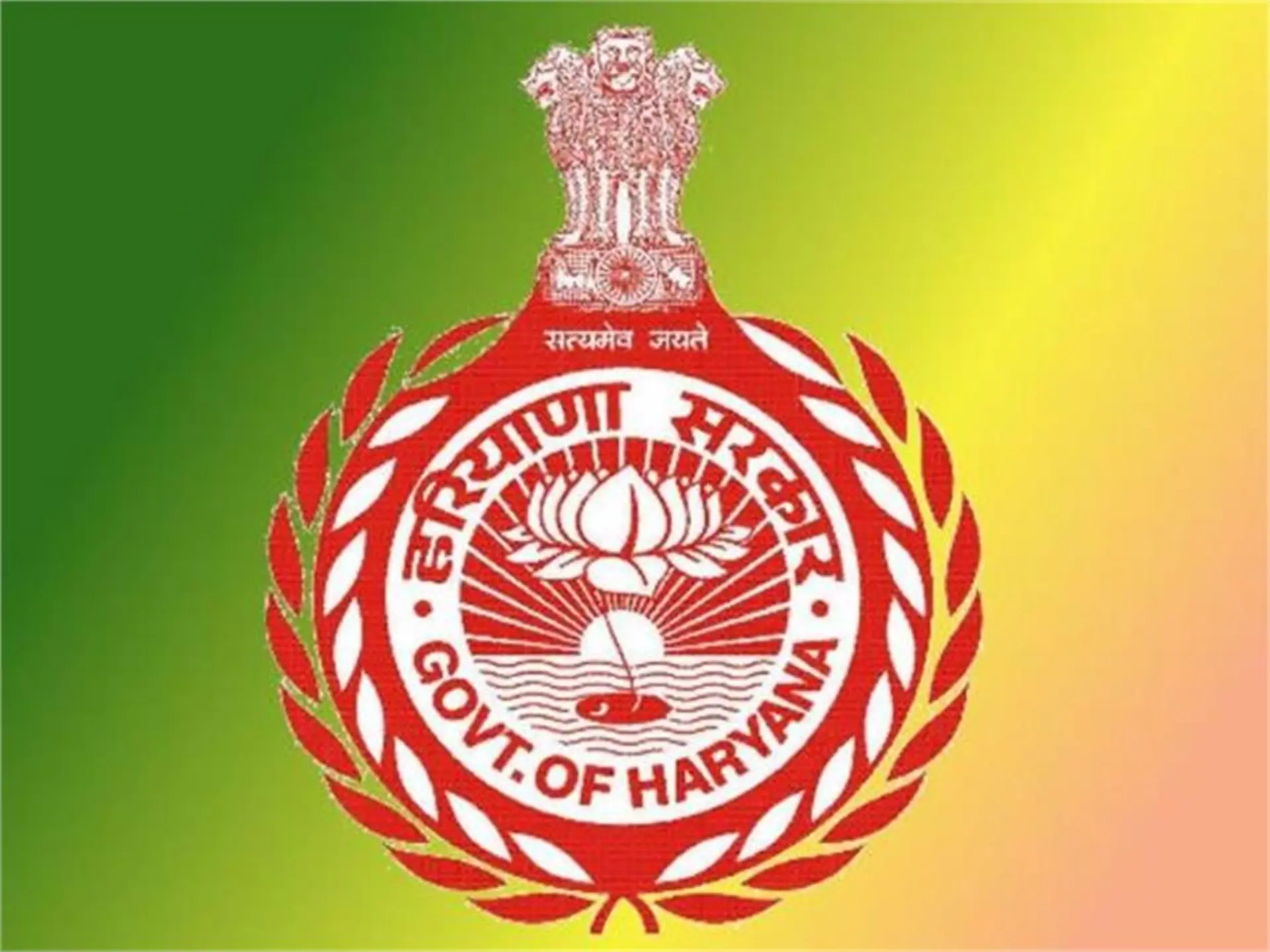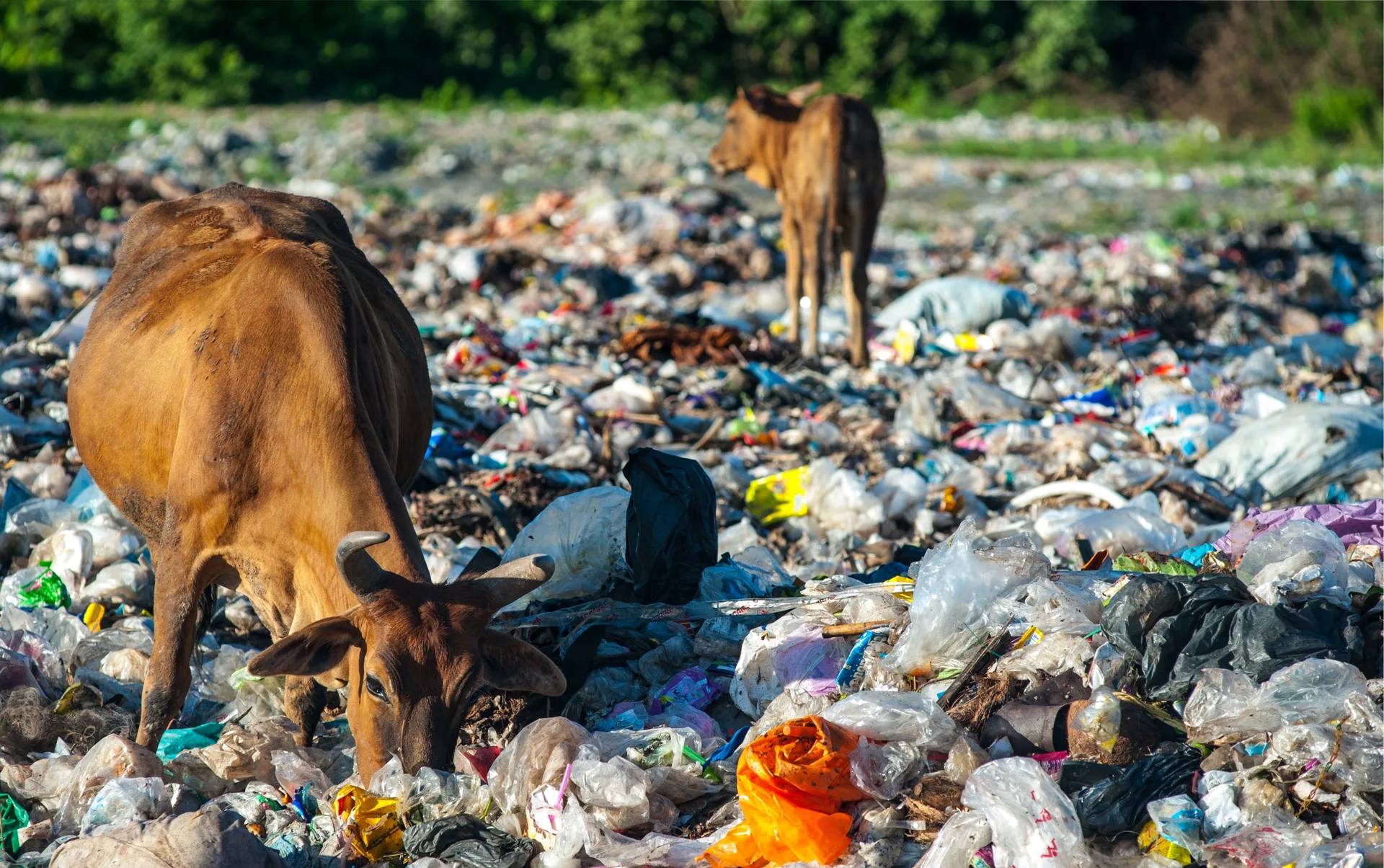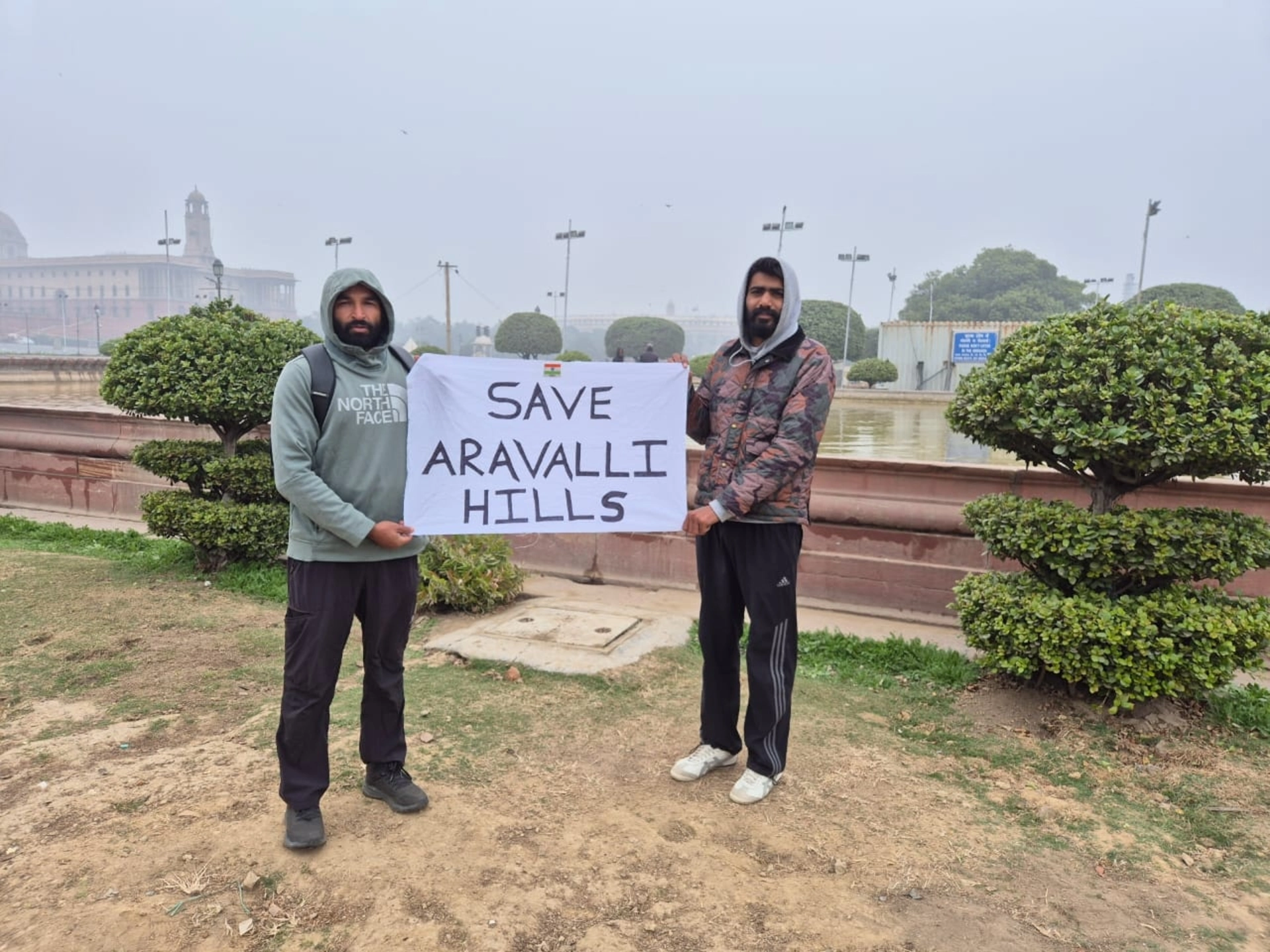
Household budgets will face another strain as Petroleum Minister Hardeep Singh Puri announced a ₹50 increase in domestic gas cylinder prices on Monday, April 7. The price hike affects both regular consumers and beneficiaries of the government's Ujjwala scheme.
In Delhi, the price of a standard LPG cylinder will rise from ₹803 to ₹853. Meanwhile, beneficiaries of the Pradhan Mantri Ujjwala Yojana, who currently pay a subsidized rate of ₹500 per cylinder, will now have to shell out ₹550.
This increase comes just a month after prices had been reduced. On International Women's Day (March 8, 2024), the government had announced a ₹100 reduction in cylinder prices, bringing the cost in Delhi down from ₹903 to ₹803.
Justifying the price hike, the Petroleum Minister cited significant financial losses faced by Oil Marketing Companies (OMCs). "OMCs have incurred losses of approximately ₹41,000 crore due to selling cylinders below cost price. The decision to increase prices was taken to reduce this deficit," Puri stated.
It's worth noting that this price revision applies to the standard domestic cylinders, while there has been no change announced for the 14.2 kg domestic gas cylinders. In contrast, commercial gas cylinder prices (19 kg) were reduced earlier this month on April 1, with prices in Delhi dropping by ₹41 to ₹1,762 from the previous ₹1,803.
The last major price increase for domestic LPG cylinders occurred in March 2023, when rates jumped from ₹1,053 to ₹1,103. Prior to that, domestic gas cylinder prices had seen ten consecutive increases between June 1, 2021, and March 1, 2023.
Oil companies determine LPG base prices monthly based on international rates from the previous month, exchange rates, and other costs. The retail price is calculated by adding taxes, transportation costs, and dealer commissions. For subsidized cylinders, the government covers the difference, while non-subsidized cylinder costs are borne entirely by consumers.
In related news, the central government has increased excise duty on petrol and diesel by ₹2 per liter. However, the government clarified that this would not impact retail prices as petroleum companies would absorb this cost. Currently, the government collects ₹19.90 per liter on petrol and ₹15.80 per liter on diesel as excise duty. After this increase, the duty will rise to ₹21.90 per liter for petrol and ₹17.80 per liter for diesel.
Minister Puri explained that the increased duty would be adjusted against reduced crude oil prices. If international crude prices continue to fall, consumers might see a reduction in petrol and diesel prices. Petroleum market expert Narendra Taneja confirmed that oil companies would bear the excise duty increase from their earnings rather than passing it on to consumers.
related

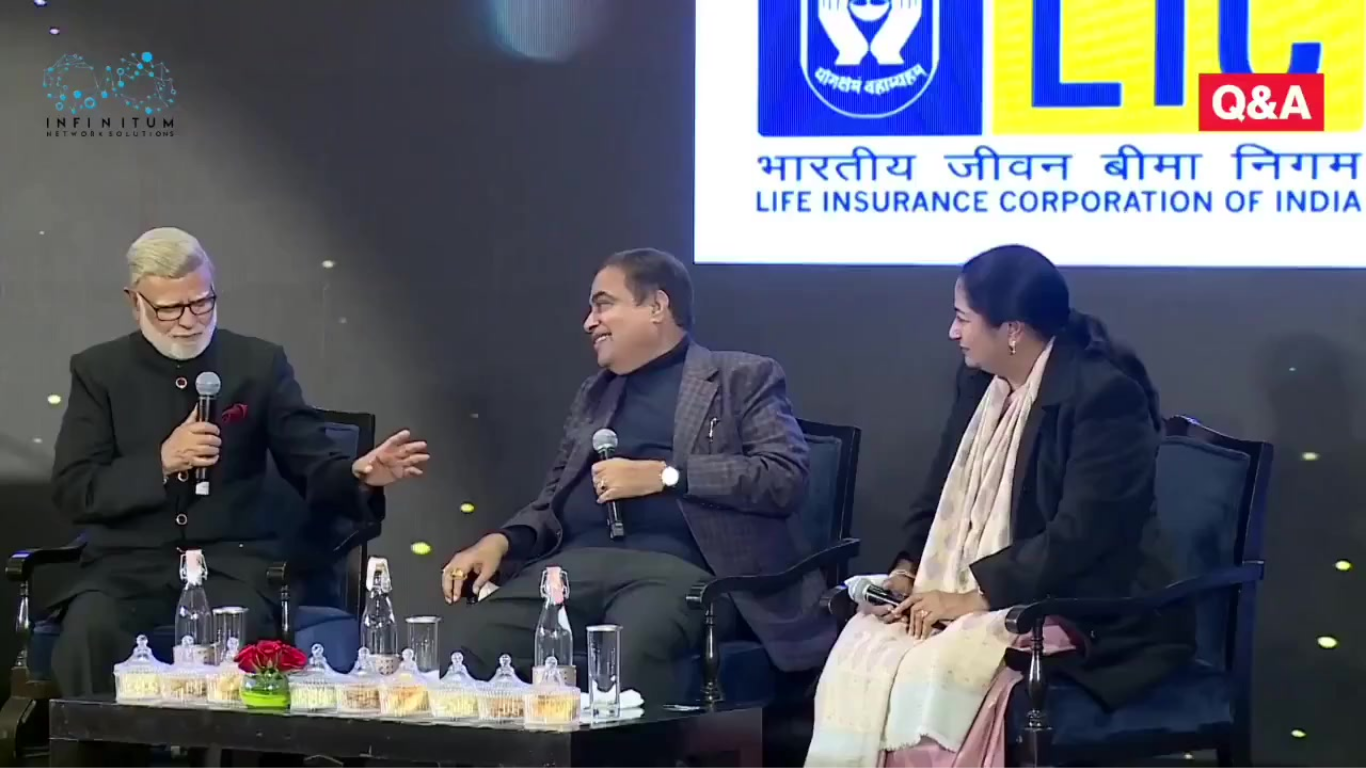
₹60,000 Crore Spent, But Gurugram Still Choked: Gadkari Deflects Infrastructure Question With Auto Industry Pitch

Laying the Strongest Foundation Education Reform Language Empowerment and India’s Path to AI Sovereignty




